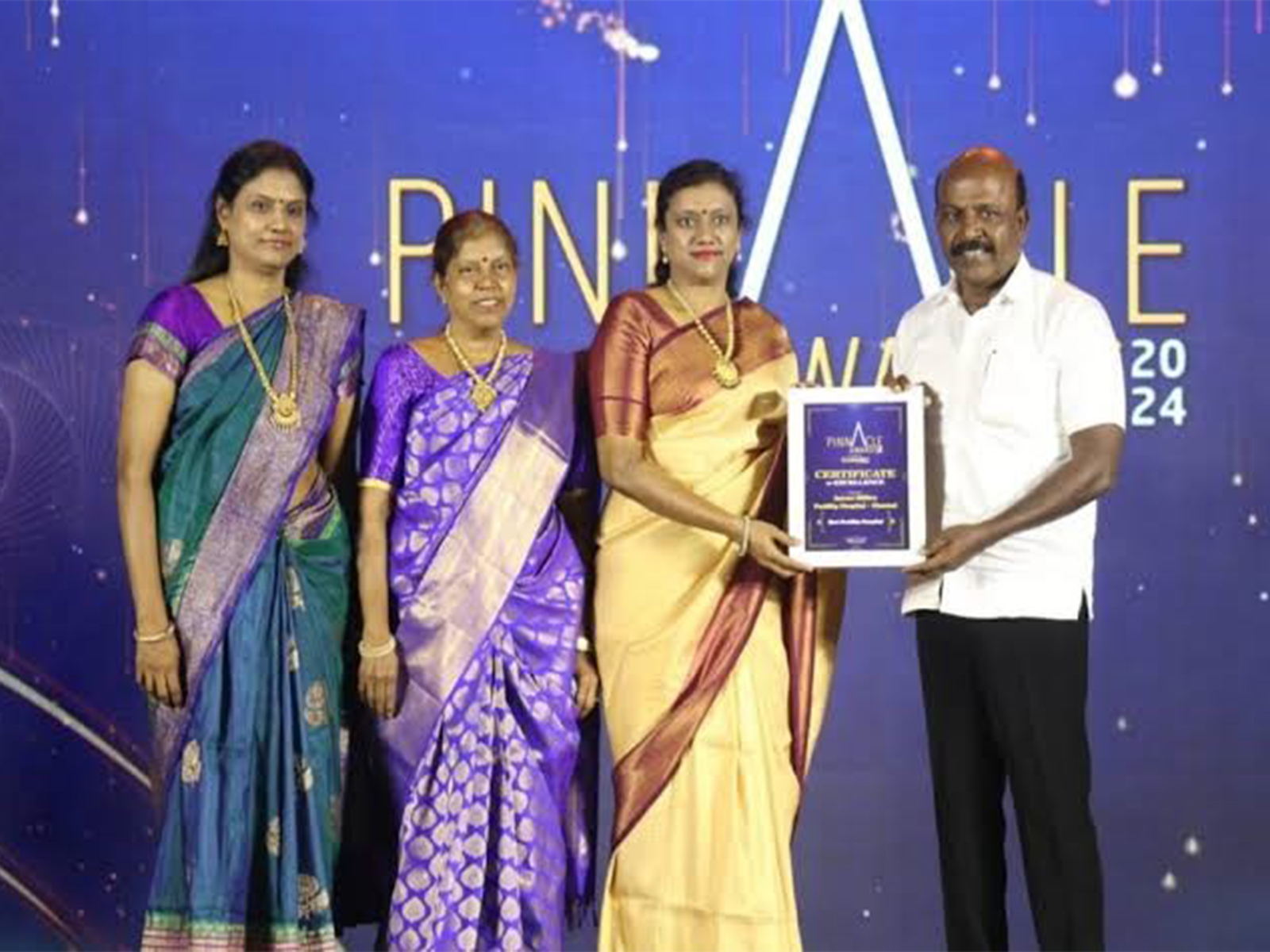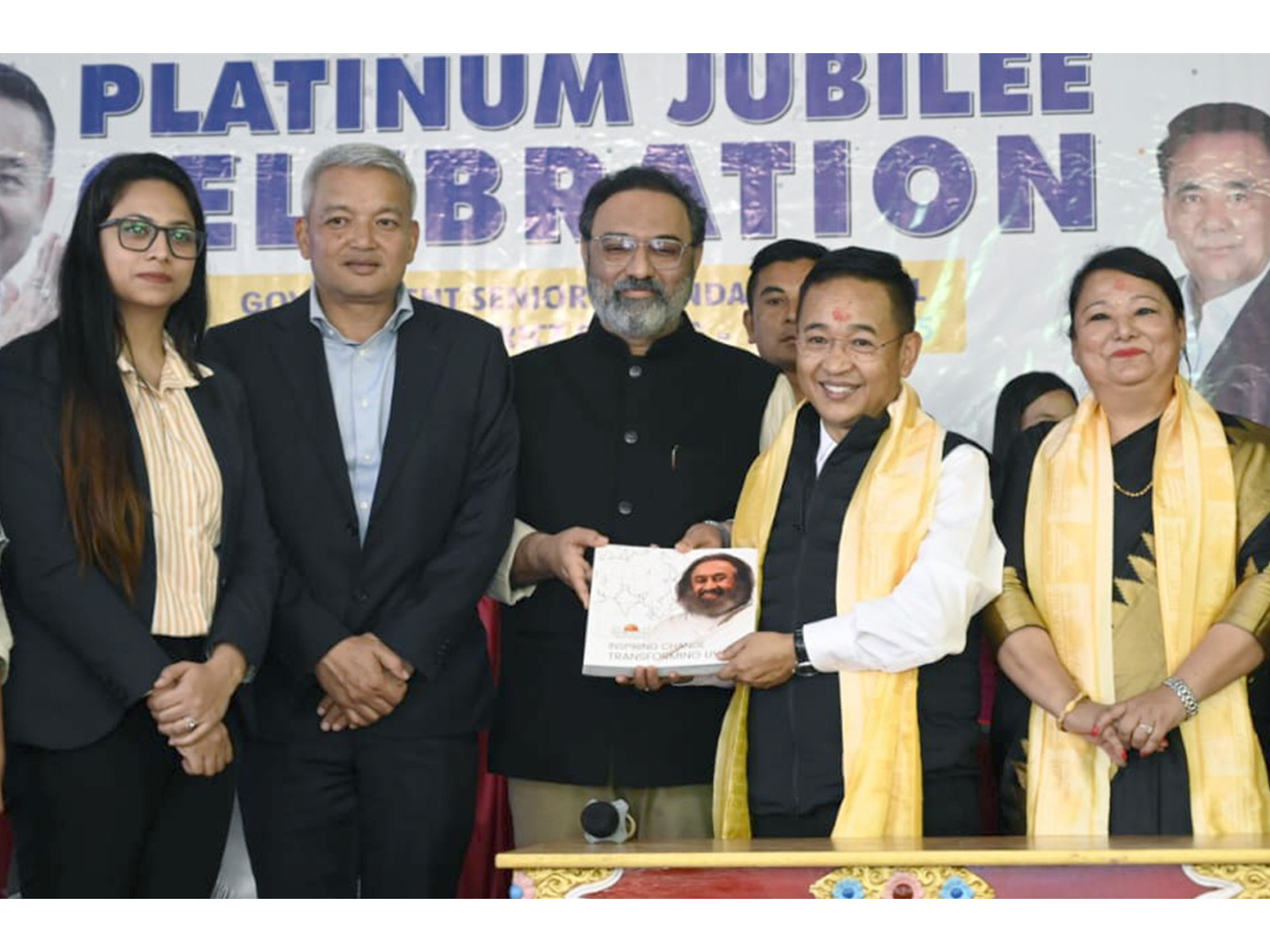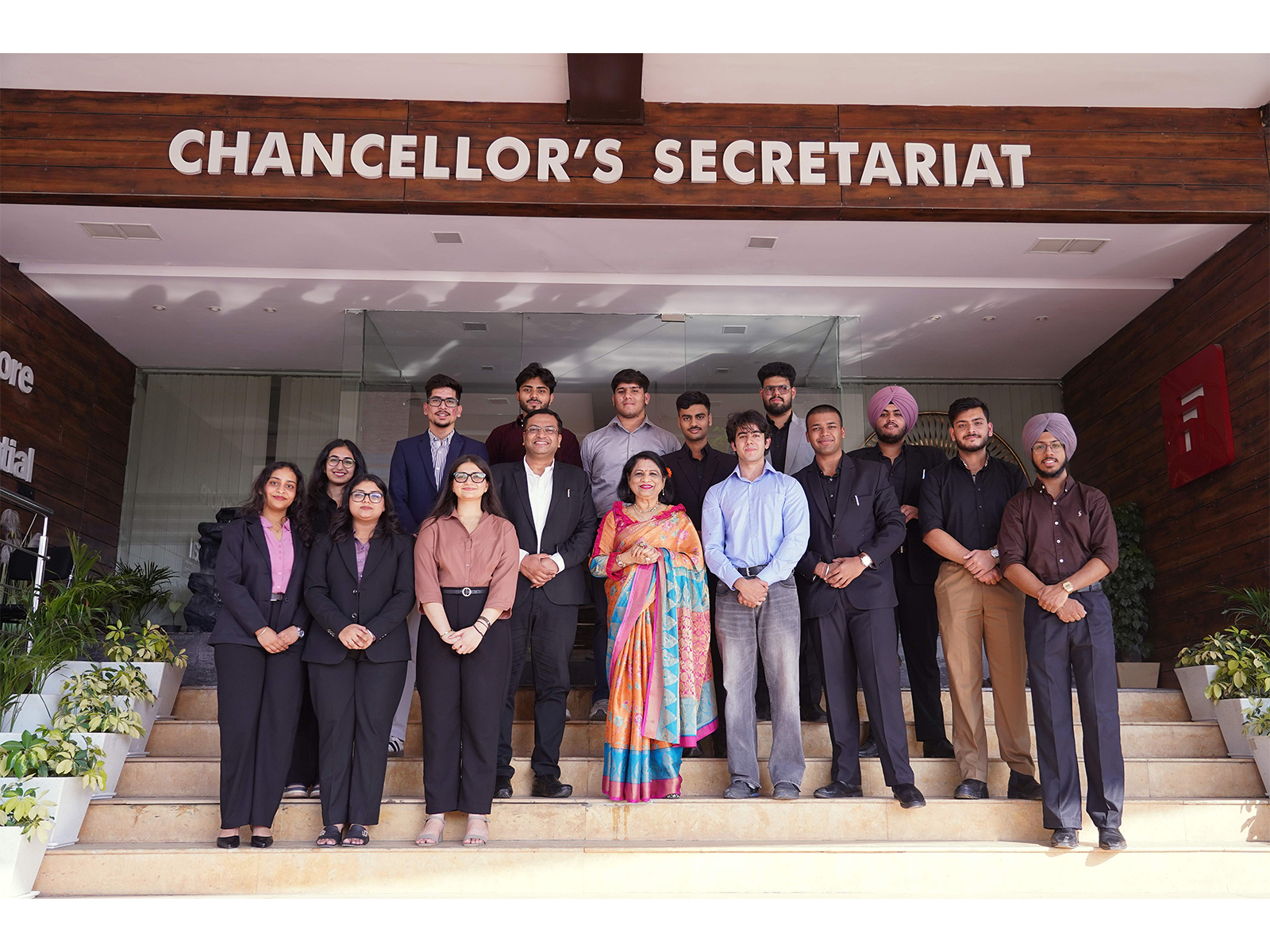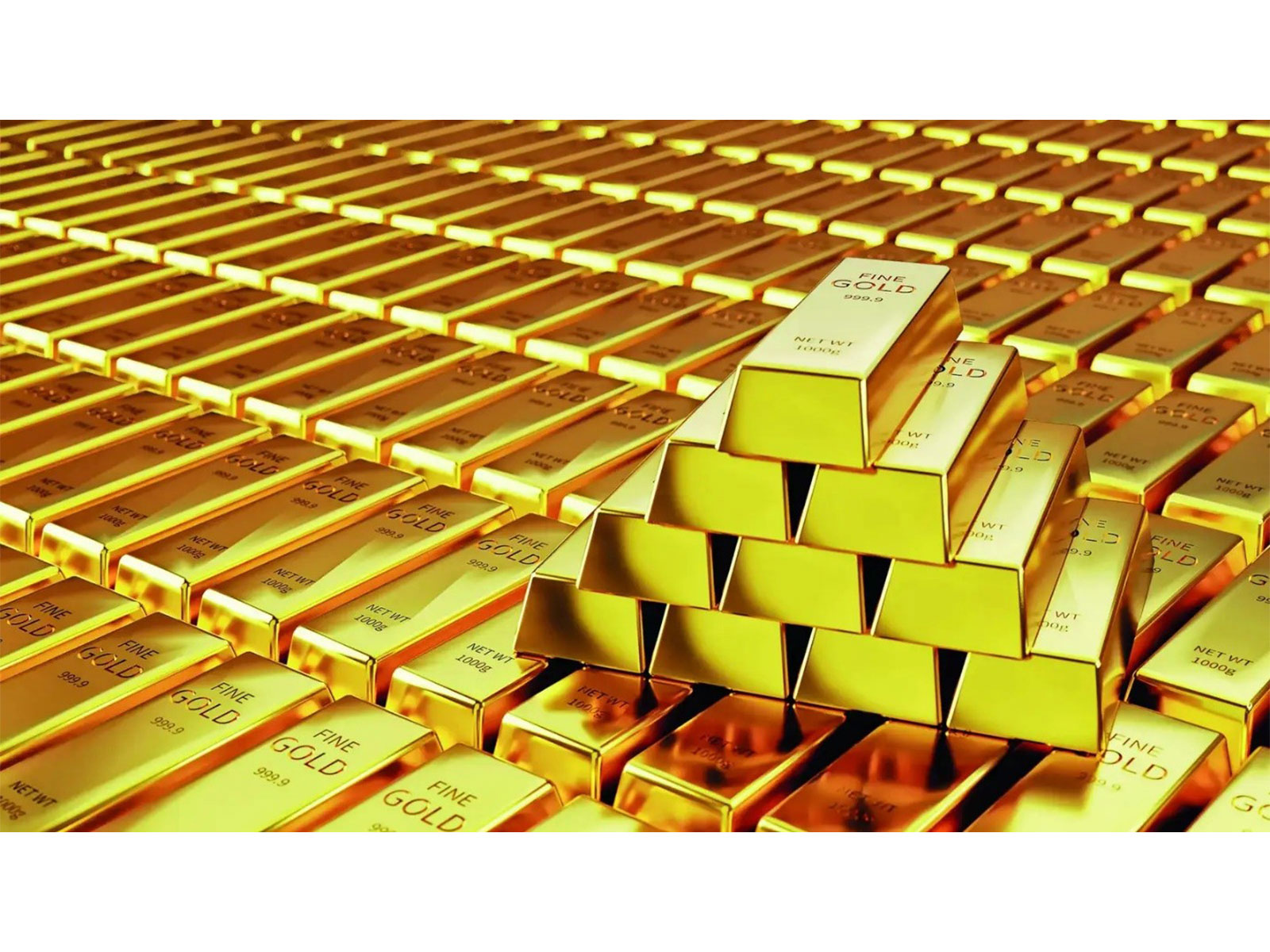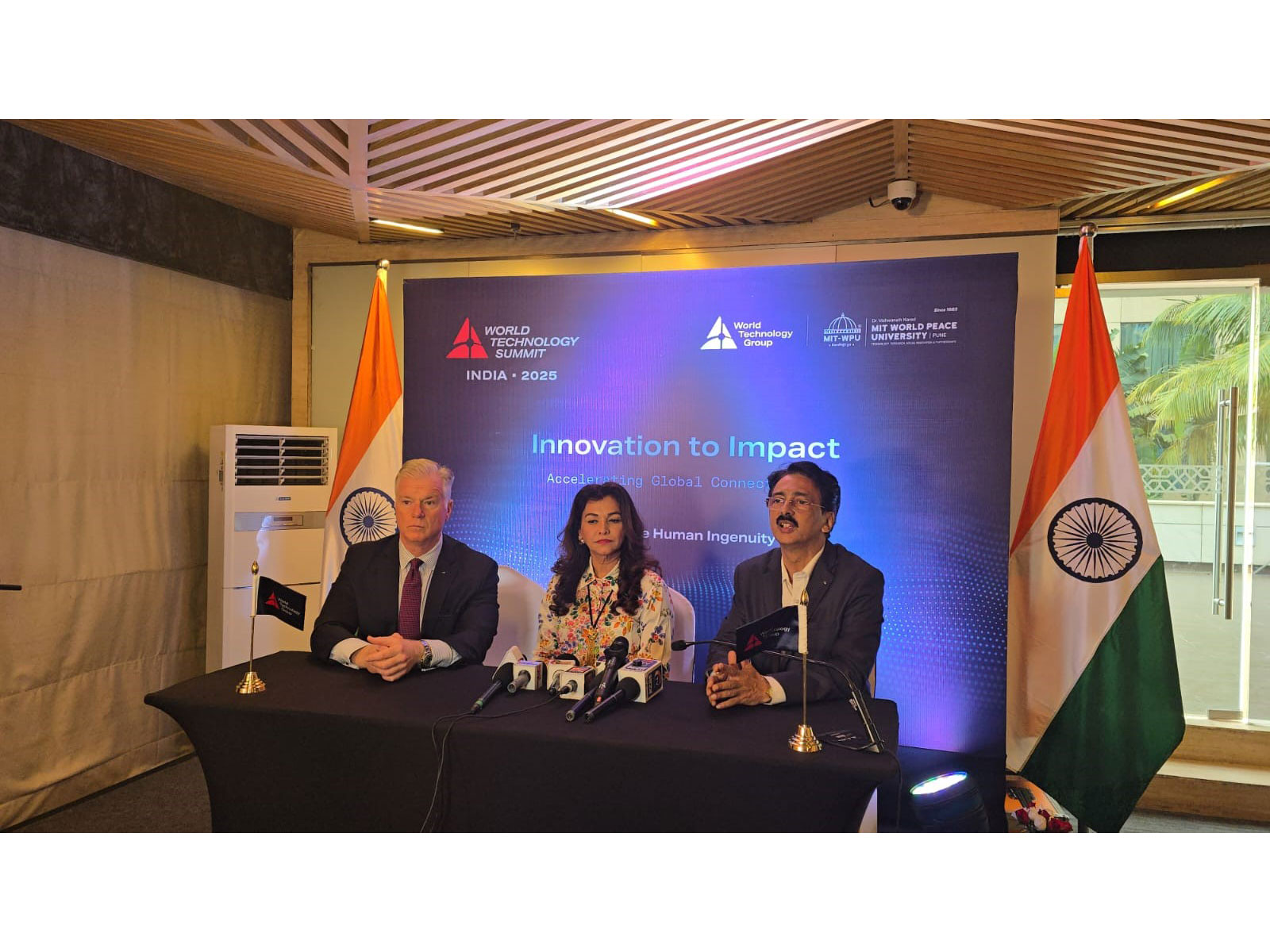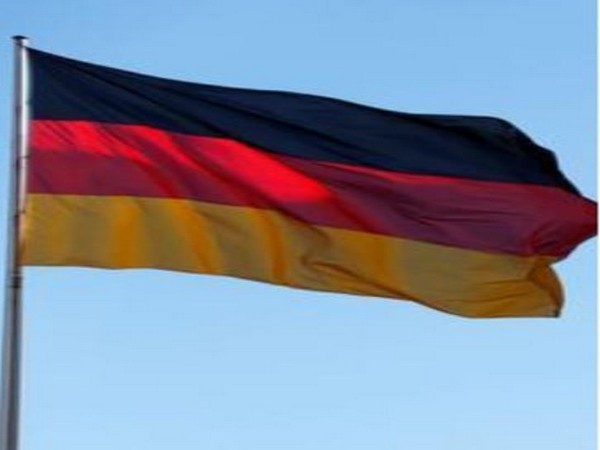
Roundup: Germany's steel summit sparks debate over protectionist remedies
Nov 08, 2025
Frankfurt [Germany], November 8: As Germany considers European Union (EU)-level tariffs to shield its struggling steel industry, experts warn that such protectionist measures could backfire, raising costs for downstream industries and delaying structural reforms.
German Chancellor Friedrich Merz convened a steel summit in Berlin on Thursday, gathering key stakeholders including producers, state officials, and trade union representatives to discuss ways to rescue an industry that has been mired in crisis for years.
At a press conference following the summit, Finance Minister Lars Klingbeil indicated that Germany is likely to support EU protectionist proposals "among other tools" to revive the sector. "The companies are facing an existential crisis," Merz said after the meeting, adding that Berlin would back European-level initiatives aimed at stabilizing the market.
The European Commission on Oct. 7 proposed cutting the duty-free quota for steel imports by 47 percent and imposing a 50 percent tariff on imports exceeding that quota. The move signals a potential policy shift for Germany, which has traditionally championed free markets and opposed trade barriers.
Germany's steel sector, long a cornerstone of its industrial base, is under mounting pressure from high energy prices, carbon compliance costs, and the challenges of decarbonization. The country's steel giant Thyssenkrupp has already begun job cuts and capacity reductions, with plans to eliminate 11,000 positions in its steel division over the next decade.
The 50 percent U.S. tariff on steel imports from Europe has further worsened the situation, prompting some producers to consider moving operations abroad. A study by the University of Mannheim estimates that such relocations could cost the German economy up to 50 billion euros (57.8 billion U.S. dollars) annually.
However, economists and policymakers caution that tariffs could inflict more harm than help. Bremen's Mayor Andreas Bovenschulte described tariffs as "stopgap solutions," stressing that long-term competitiveness depends on technological leadership and higher productivity.
Analysts warn that import duties might benefit a small number of steel producers while driving up costs for key sectors such as automotive and machinery, undermining their global competitiveness. Clean Energy Wire, a Berlin-based journalism network, noted that protectionism is a "blunt policy tool" that could raise domestic steel prices and burden energy-intensive supply chains, ultimately weakening Germany's broader manufacturing base.
Economists, including Clemens Fuest of the ifo Institute, have urged caution. "Subsidies may prevent necessary structural reforms," Fuest said, adding that protectionism costs a lot of money and creates a false sense of security.
Many experts argue that Germany's industrial policy should instead focus on reducing energy and raw material costs, optimizing supply chains, and supporting innovation to ensure a sustainable recovery.
Source: Xinhua News Agency
